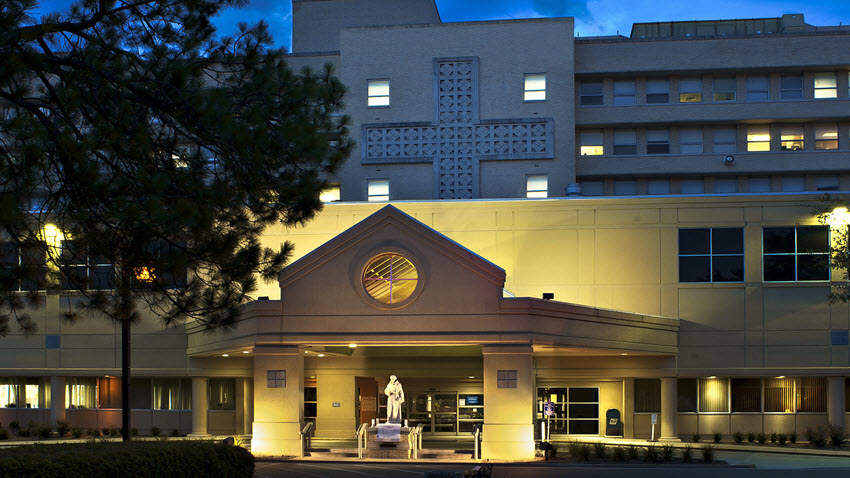Advance Directives
Making Your Wishes Known
Advance Care Planning helps design a treatment plan for our healthcare providers to follow when you have an advanced, serious or terminal illness, allowing them to understand your goals of care, so they match the type of care you receive. There are various documents which allow us to put in writing our wishes for care that can prevent misunderstandings. These documents need to be discussed with your family and physicians while you are able to actively participate in the conversation. This conversation allows you to express your wishes and preferences for healthcare relative to your personal goals, values, religious or cultural beliefs that affect our decisions.
What are Advance Directives?
Types of Advance Directives
- A Living Will is a written record of your health care wishes when you have a terminal condition. This paper would be used when your death is near.
- A Durable Power of Attorney for Health Care is a legal document that names a person to make your health care decisions when you are no longer able to make decisions for yourself.
- LaPost (Louisiana Physician Orders for Scope of Treatment) is more than a Living Will or Durable Power of Attorney for Health Care. It is a physician order that outlines your wishes for medical treatment and goals of care that can be implemented when you have a serious advanced illness. The document must be signed by your physician and is accepted or honored throughout the State of Louisiana and across all health care facilities.
Why make Advance Directives?
Advance Directives (Advanced Care Planning)
When you can no longer speak for yourself and do not have written advance directives, your doctor will talk to the people listed below about your care.
- Your court appointed guardian, if you have one
- Your spouse, if legally married*
- Your adult children, together
- Your parents
- Your brothers and sisters
- Other relatives
* As of November 15, 2005 per Louisiana law (LSA-R.S. 40:1299.58.1 et seq.) spouse does not include a spouse who is judicially separated from you, is cohabited with another person in the manner of married persons, or who has been convicted of any crime of violence as defined in R.S. 14:3(13) against the other spouse, that has resulted in the terminal or irreversible condition, or who has violated any domestic abuse protective order affecting the other spouse. The law does not require that all family members listed agree, only a majority of those available. If you do not want any of the people listed above to make your care decisions, it is best to name a specific person through a Durable Power of Attorney for Health Care.
How do I make Advance Directives?
Other questions to consider:
- If you were in a coma, had permanent brain damage or were terminal, would you want treatments to prolong your life?
- If you died suddenly would you want your family to donate your organs for transplantation to others?
- If you are terminally ill, do you want comfort care? Pain treatment?
- If you can no longer eat or drink, do you want a feeding tube?
- If your kidneys stop working, do you want a kidney machine?
- If your blood count is low, do you want blood transfusions?
- If you are not able to breathe, do you want a breathing tube or ventilator?
- If your heart stops, do you want CPR? Do you want your heart to be shocked?
- Do you want drugs to support your heart rhythm or blood pressure?
What should I do with my Advance Directives?
Can I change my mind after I write an Advance Directive?
Where can I get more information about Advance Directives or Advance Care Planning?
Staff from our Pastoral Care Department can give you information and forms to help. Ask your nurse to call the Pastoral Care Department or dial 4184 from your room phone.
St. Francis Medical Center is committed to the dignity of each person and recognizes the patient's moral and legal right to make his or her own healthcare choices. The decision is yours.

